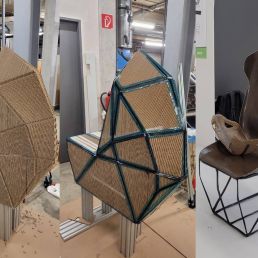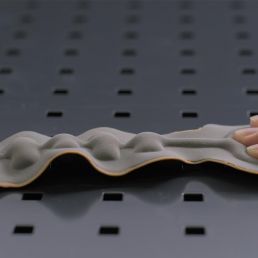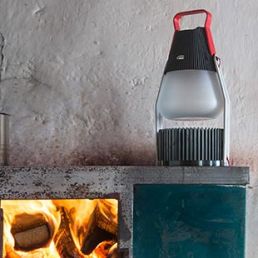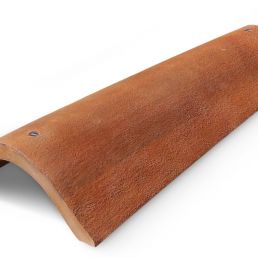
UNclean Plastics
Toothbrushes from recycled polypropylene
25 June 2021
Since the beginning of 2020, global social life has been shaped by the Covid-19 pandemic. The fight against this exceptional medical situation demands its prices. In an acute health emergency, the highest possible prevention and safety must be guaranteed. In connection with this, there seems to be no alternative to the single-use use of hygiene articles such as face masks made of polypropylene. The worldwide production and consumption of facemasks alone leads to an additional waste of more than 584 million tons per year. There is a lacking awareness among a large part of the population that disposable facemasks are almost pure plastic waste after use. The recent efforts to minimize the use of disposable products have been strongly abandoned during the last year. With hardly any recycling efforts huge amounts of plastic waste will end up in landfills and the oceans. The degrading of polypropylene used in mask production takes around 400 years. The remaining microplastic harms sea life and other organisms.
3D printing material from contaminated waste
The “UNclean Plastics” project by the two designers Friedrich Gerlach and Felix Stockhausen addresses this highly socially relevant topic and encourages a critical, creative debate about the current use of resources. Specifically, the project focuses on the consumption and cycle chains of Covid 19 protective products such as FFP2 masks. The aim is to not only create new approaches using additive production methods to reduce/recycle the resulting waste quantities but also to work on the psychological characteristics of those products through design intervention.

The two designers at the Bauhaus University in Weimar are dedicating themselves to this goal by closely examining various extrusion processes. The production of consistent 3D printable filament represented a big challenge. Different filaments with varying ratios of recycled polypropylene from used or production waste facemasks and pure polypropylene were tested and used for 3D printing. The heating process ensures the elimination of any possible Covid-19 virus or other viruses and leaves an uncontaminated material.
The monomaterial toothbrush was developed within the project as a symbolic product and is printed using the recycled Polypropylene filament. It is 3D printed in one piece, including the bristles, on a common FDM printer. Using 3D printing enabled us to combine both: Solid shapes and flexible fiberlike characteristics. Successfully working with 3D printing, a quite complicated and difficult production method, showcases that recycling is possible and should be implemented. Producing an everyday product such as a toothbrush from recycled facemasks aims to create a strong contrast from contaminated waste to hygiene product. The confrontation sparks a debate on cleanness and disgust, as well as raising awareness about the use and value of resources.
image source: Friedrich Gerlach, Felix Stockhausen
Ecoblaq molecular wood colours
23 March 2024
Ecoblaq is a molecule manipulation method, a natural chemical reaction, making…
Natural fiber reinforced car seat
22 October 2023
The focus of the project "Design for Recycling" is a seat shell that is made…
MotorSkins morphing textiles
19 April 2022
Berlin based start-up MotorSkins designs and produces textiles with embedded…
3D Pioneers Challenge 2022
15 December 2021
The 3D Pioneers Challenge 2022 adresses tech pioneers who pave the way for…
IGNIS – Light from waste heat energy
12 August 2020
The availability of affordable, independent and, above all, clean electrical…
Brake disc with reduced fine dust
21 April 2021
Fine dust endangers our health. One of the main sources is traffic, especially…
Texoversum
15 July 2023
With the "Texoversum", Reutlingen University has put into operation a training…
Invisible Terracotta Solar Rooftile
10 May 2023
The family-run business Dyaqua has developed a technology to integrate a…
Xarvio – Digital Farming
8 January 2021
BASF Digital Farming GmbH has received the renowned Crop Science Award for the…








